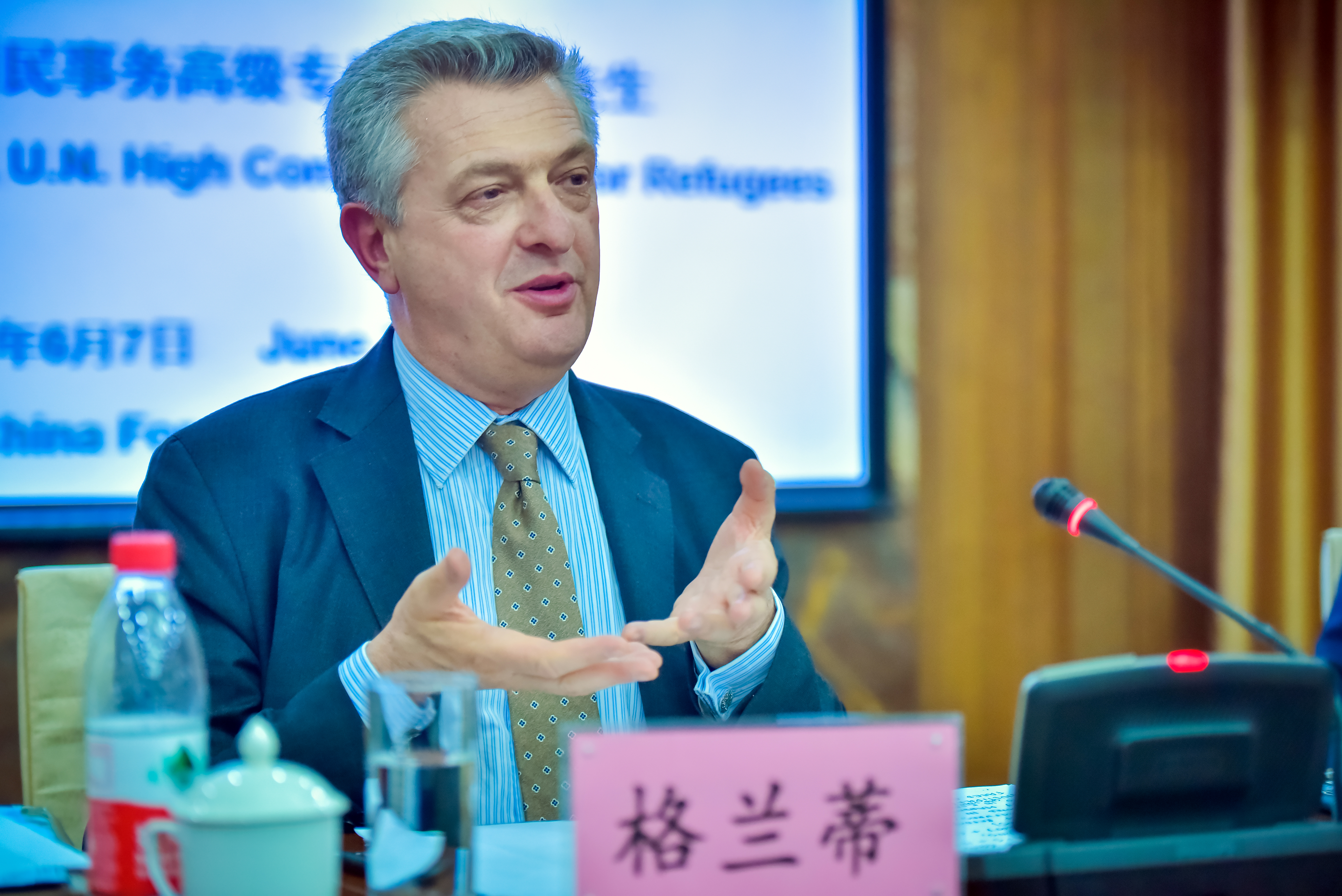UNHCR urges Nepal not to send Tibetan detainees back to China
UNHCR urges Nepal not to send Tibetan detainees back to China
GENEVA, May 30 (UNHCR) - The UN refugee agency has voiced fears that a group of 18 Tibetans detained in Nepal could face deportation to China before UNHCR has had a chance to assess their claims, a move which would amount to refoulement.
The Tibetans arrived in Nepal in mid-April seeking UNHCR assistance. They have been detained by Nepalese authorities since April 17. The refugee agency is taking care of three children from the 21-person group, but has been denied access to the remaining 18 detainees.
UNHCR has strong reason to believe that these Tibetans fall under its mandate. In the past, the agency and Nepal have regularly used agreed procedures in which UNHCR would facilitate the onward travel to a third country of new Tibetan arrivals in Nepal who are found to be of concern to the agency.
On Thursday, Chinese officials in Kathmandu told UNHCR of their intention to take the Tibetan detainees back to China. In response, the refugee agency sent an urgent letter to the Nepalese Prime Minister's office requesting that instead of handing the Tibetans over, Nepal should release them to UNHCR's care so that the agency can ascertain their claims.
"UNHCR's mandate is to protect asylum seekers until such time as their claim and their status have been determined," said the agency's spokesman, Ron Redmond, at a news briefing in Geneva Friday. "Returning people before their status is determined would amount to refoulement and would be in clear contravention of international law."








